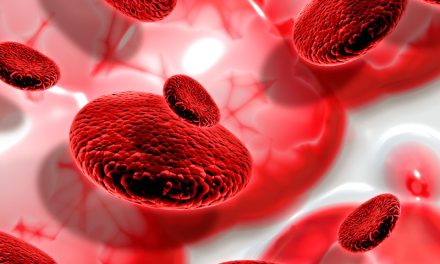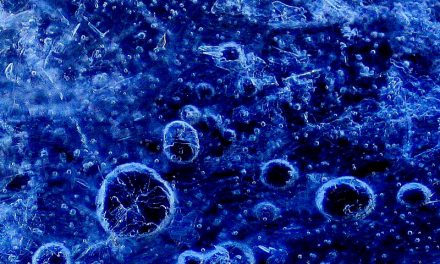Case report
Author
Cristina Jiménez Domínguez
Resumen
Urinary tract infection in nursing homes is the most prevalent microbial pathology. Particularities of its manifestation in elderly and the inappropriate use of antibiotics in recurrences is a challenge in the search for new germicidal strategies against multi-resistant bacteria.
We present a series of four clinical cases involving a gram-negative Enterobacterium (Escherichia coli) producing beta-lactamases in various cases. To the use of conventional antibiotics according to the reading of the antibiogram with a low degree of evidence of cure, the use of ozone therapy through bladder irrigations with ozonized bidistilled water and gas insufflation have been added, obtaining in all four cases the remission of clinical symptoms, and in three of them a negative urine culture after treatment. This adjuvant therapy has in no case presented adverse effects on any patient, having avoided the complication of the disease or the transfer of the patients to the hospital for the use of the typical antibiotics for this purposes with the consequent possibility of generating new resistance to the pathogens. To support these results, further systematic research is needed on the germicidal properties shown by the local application of ozone in the treatment of urinary tract infections in nursing homes, as well as on its systemic administration due to its immunomodulatory effect against infection.
This post is also available in:  Español (Spanish)
Español (Spanish)


































